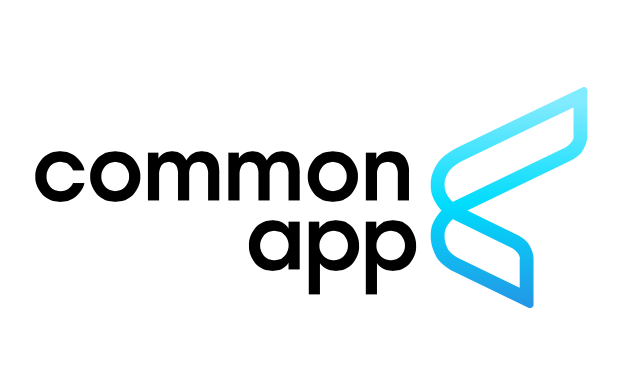
The Common App, which is used by over 1,000 colleges and universities, has confirmed that when the next first-year application cycle formally begins on August 1, 2024, its main essay prompts will remain the same as those on this year’s Common App.
Thus, the seven prompt options first-year college applicants will have to carefully choose from in order to write one strong essay of up to 650-words will remain as follows:
- Some students have a background, identity, interest, or talent that is so meaningful they believe their application would be incomplete without it. If this sounds like you, then please share your story.
- The lessons we take from obstacles we encounter can be fundamental to later success. Recount a time when you faced a challenge, setback, or failure. How did it affect you, and what did you learn from the experience?
- Reflect on a time when you questioned or challenged a belief or idea. What prompted your thinking? What was the outcome?
- Reflect on something that someone has done for you that has made you happy or thankful in a surprising way. How has this gratitude affected or motivated you?
- Discuss an accomplishment, event, or realization that sparked a period of personal growth and a new understanding of yourself or others.
- Describe a topic, idea, or concept you find so engaging that it makes you lose all track of time. Why does it captivate you? What or who do you turn to when you want to learn more?
- Share an essay on any topic of your choice. It can be one you’ve already written, one that responds to a different prompt, or one of your own design.
As this site has previously pointed out, there are vast differences in popularity between prompts among all applicants, which smart and strategic students can and should use to their advantage. Ultimately, The Common Application serves (and exists) at the pleasure of its college members, as Common App is a non-profit organization that provides a standardized college application platform for roughly 1,000 colleges and universities in the United States and abroad. The Common App allows students to fill out one main application form online and submit it to multiple colleges, streamlining the college application process.
While the application includes a variety of components, including basic information about the student, educational history, and an extracurricular activities page, it is the Common App’s essay page that has traditionally caused high school students the most consternation. Some colleges and universities require additional materials through their Common App supplements, such as supplemental essays or portfolios, which can be submitted through the Common App as well.
By using the Common App, students can save time and effort in the college application process and have a more organized and streamlined way of applying to multiple schools. Yet, it’s important to note that not all colleges and universities accept the Common App, and even some Common App member colleges may require that additional application materials be submitted after students submit their Common App. A handful of the biggest-name universities in the US have held off massive peer pressure to adopt the Common App: such colleges include MIT, Georgetown, and all colleges that are part of the UC system, such as UC Berkeley, UCLA, and UC Santa Barbara.
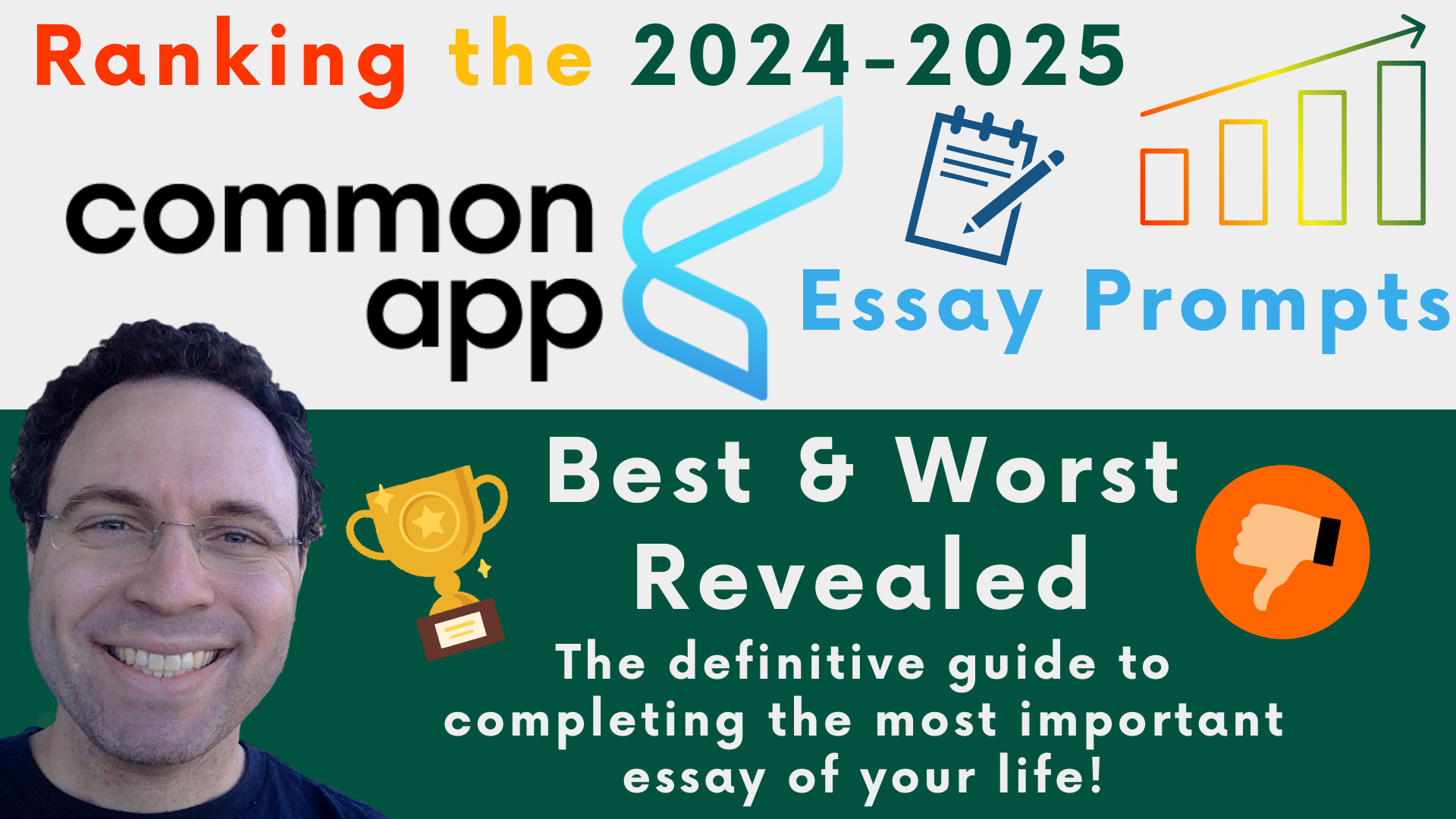



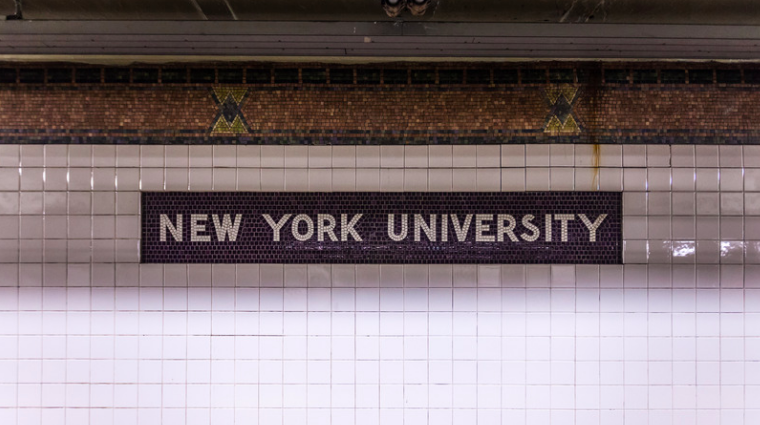



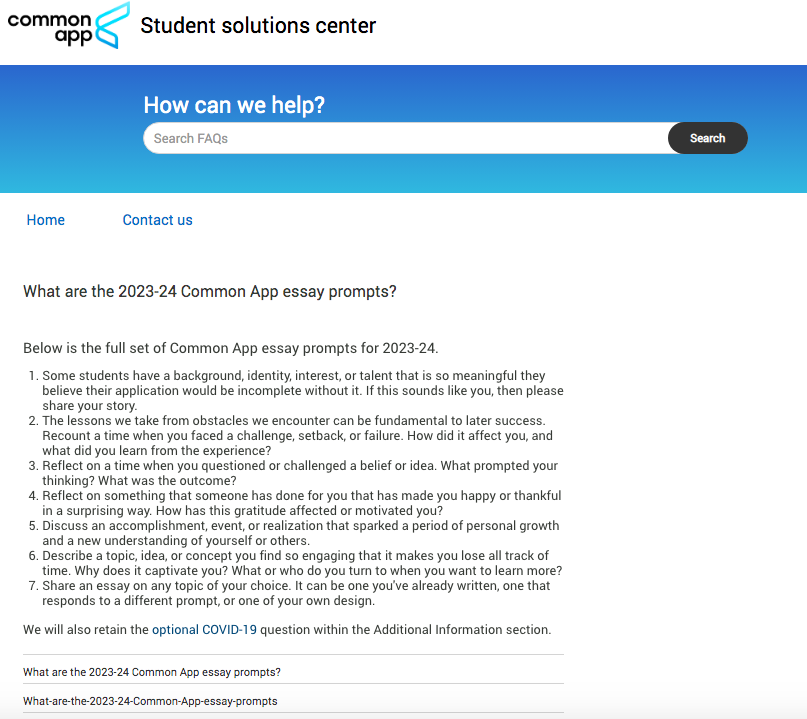

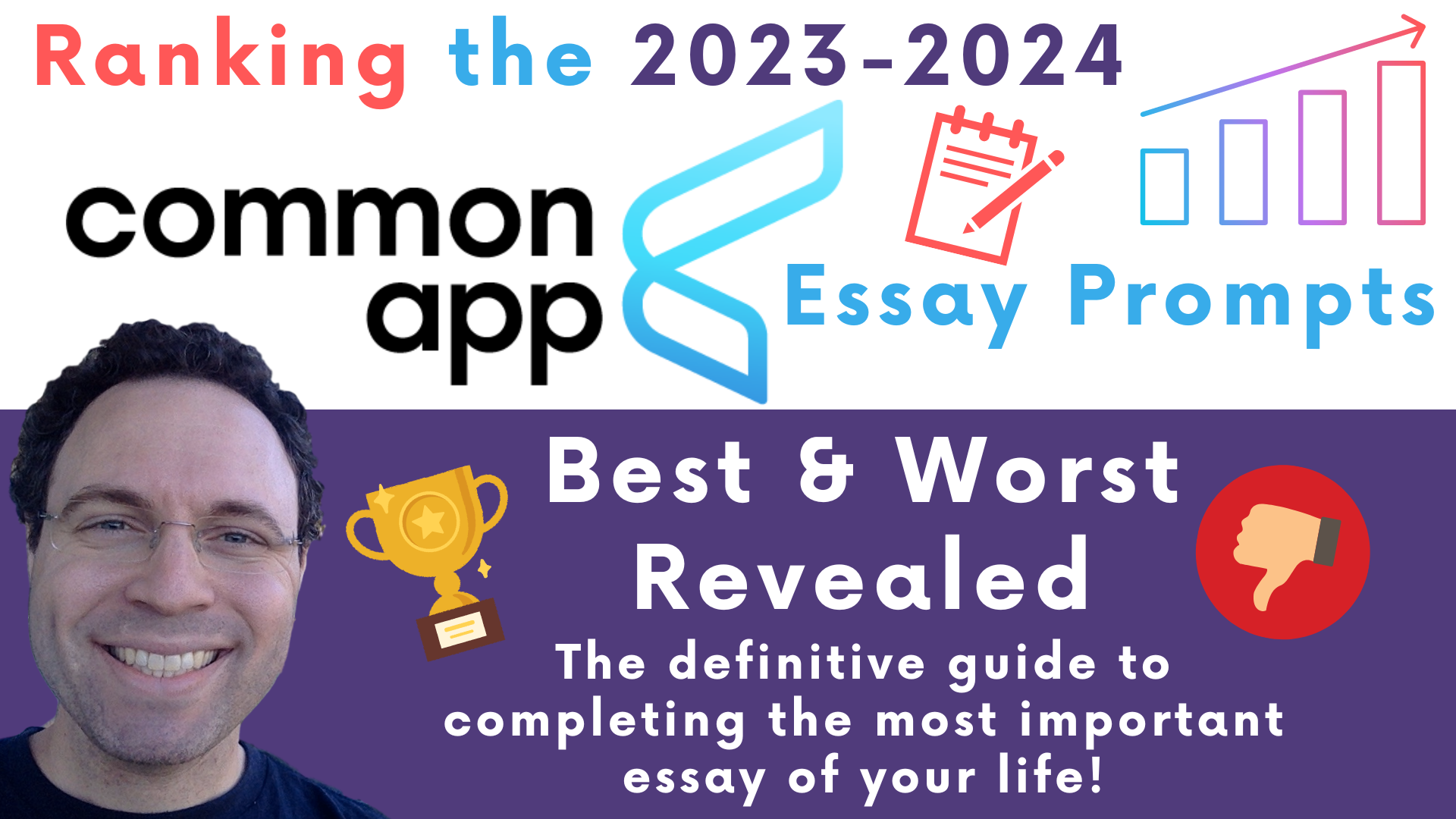
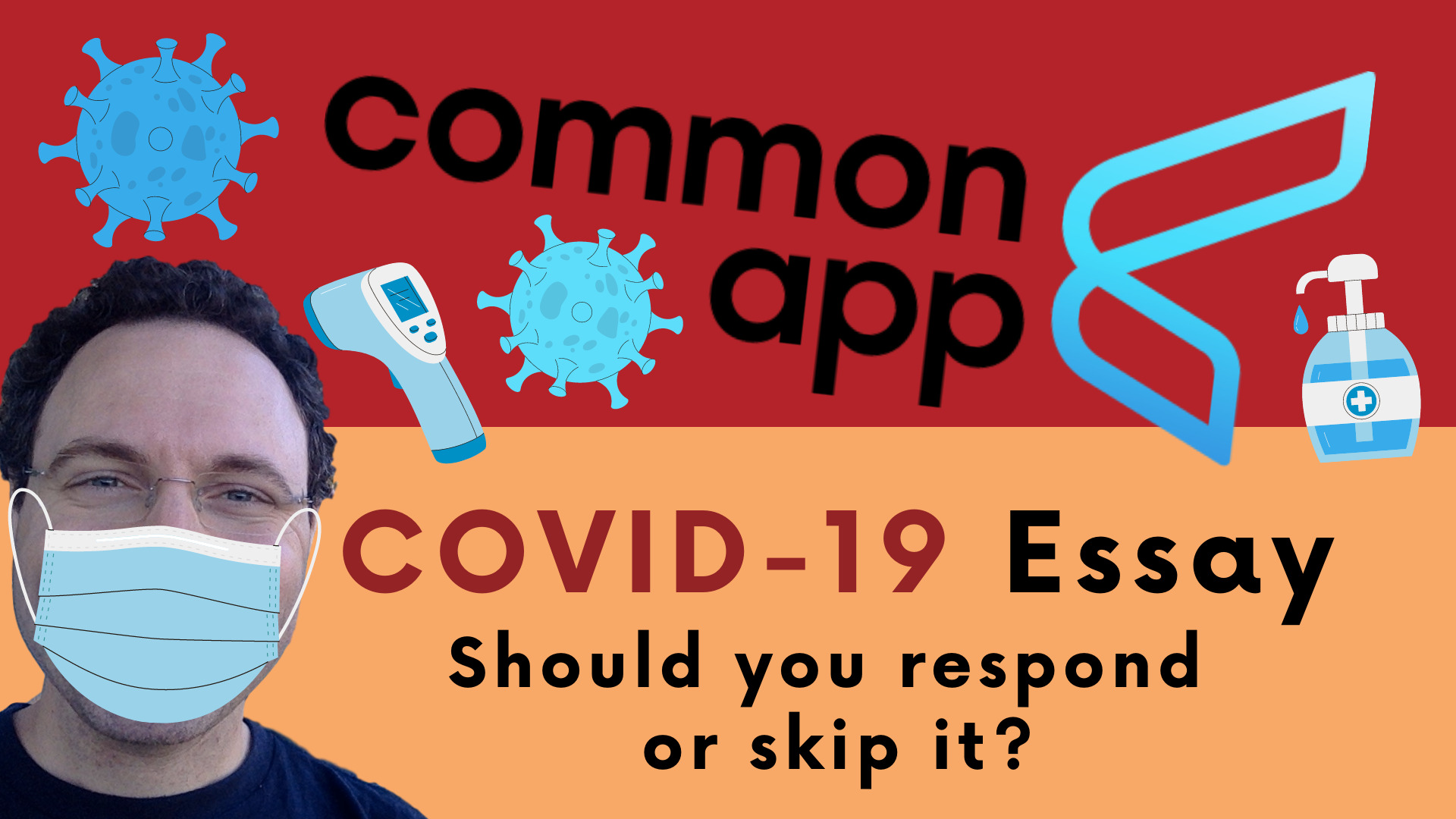 Only sixteen percent of students responded to the optional Common App COVID-19 essay during the 2021-2022 admissions cycle.
Only sixteen percent of students responded to the optional Common App COVID-19 essay during the 2021-2022 admissions cycle.